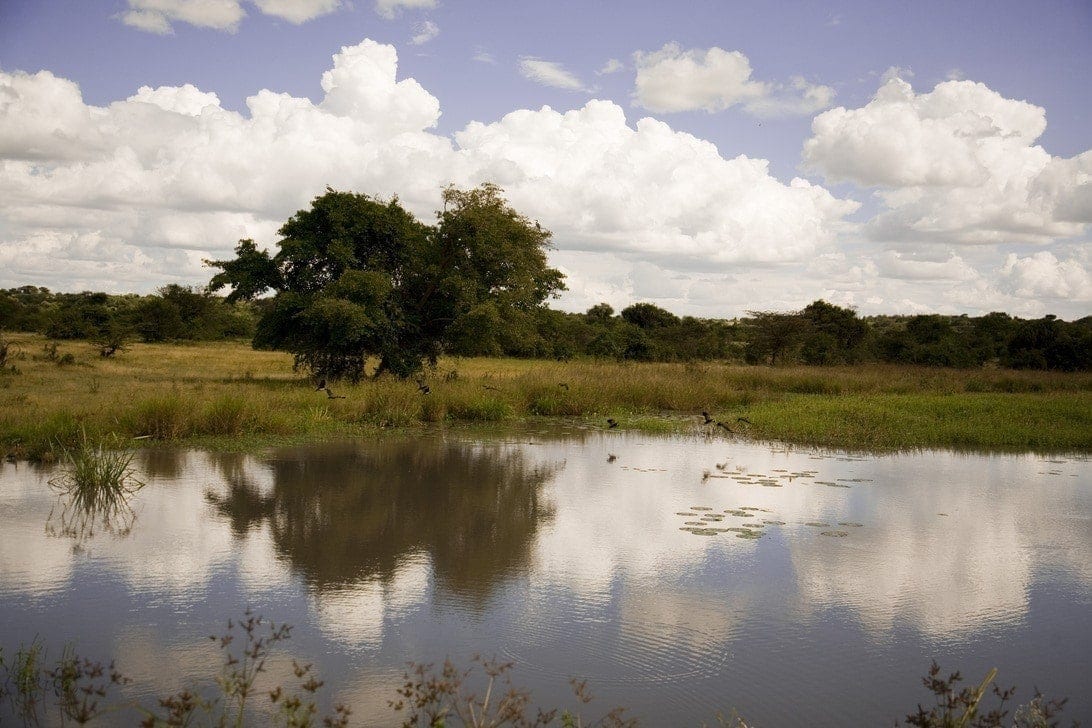
The 2015 Paris conference (COP 21) will be a great opportunity to reach an agreement for reducing greenhouse effect gases at a global level. At Ferrovial we believe that this agreement is essential to facilitate the necessary investment in the development of technologies, services and prepared infrastructures for a low-emission economy, which will serve to address the increasingly worrying climate scenarios that may be drawn from the latest report by the Intergovernmental Panel on Climate Change (IPCC).
We have taken this challenge extremely seriously at Ferrovial, and have for some years decided to drastically reduce our CO2 emissions across the whole world. In 2009 we set ourselves the target to reduce our carbon footprint by 21.3% by 2020, in terms of carbon intensity (emissions relative to sales in €m). Today, that goal has been easily surpassed; we have already reduced our carbon intensity by 38%, and by 28% in absolute terms (we are emitting 226,000 tons of CO2 less than in our base year 2009, despite the increase in business activity).
But beyond our pledges, we feel that a green economy, with lower emissions, holds great opportunities for new business models that will generate employment and economic activity. With the aim of creating the basis for the emergence of a green economy, Ferrovial presides over the Spanish Group for Green Growth, a corporate association made up of multinational companies with a base in Spain, which have made ambitious pledges with regard to climate change, but which also have a common vision regarding the economic opportunities that may be born of an ambitious climate agenda. The Barcelona Declaration sets out the principles of this new association, which has already become a sustainability benchmark in the industrial sector.
In fact, at Ferrovial we are already anticipating a low carbon emissions economy, which will involve more sustainable infrastructures and services, where without doubt technology will play a fundamental role. This strategic commitment is expressed through a range of projects and business models which we have been developing over recent years. As such, for instance, the Queen’s Terminal at Heathrow International Airport has been recognised as the first terminal to be BREEAM (BRE Environmental Assessment Method) certified, one of the most widely recognised models at global level for the environmental certification of buildings. When in full swing, the terminal’s CO2 emissions are 40% lower than required by regulations. This is largely due to the fact that the terminal boasts its own renewable-energy centre which reduces CO2 emissions, as well as a range of passive and active measures to optimize energy consumption.
Furthermore, at Ferrovial we are working extremely hard in the “circular economy” field, due to its potential to improve the economy’s efficiency and reduce the use of natural resources in productive activities. Aspects such as reuse, recycling and the advanced management of waste, are located at the heart of this concept, and have clear implications for Ferrovial’s core business.
Currently, Ferrovial Servicios is concluding the construction of the Milton Keynes Waste Gasification Plant, on the outskirts of London, its launch being scheduled for February 2016, and is making preparations for the successful construction of a second waste gasification facility on the Isle of Wight. Compared to direct waste incineration, gasification opens up a plethora of opportunities by obtaining a gas that is rich in carbon monoxide and hydrogen, which may be extremely valuable either when combusted in steam boilers or through high-efficiency electric engines, or when employed directly to generate raw materials for the chemical industry, by which the waste generates greater value.
We are confident that Paris will mark a turning point in the fight against climate change. Although none of us are in any doubt that it will conclude with a global and binding agreement, we are concerned that the objectives established should be sufficiently ambitious not just to avoid an average global temperature rise in excess of 2ºC, but also to activate, once and for all, investment in projects linked to a low carbon-emissions economy. Many investors are waiting for an ambitious climate change agreement to come into existence in order to climb aboard and invest in this kind of project. For that reason, and because we owe a commitment to future generations, we must not let the opportunity that the Paris summit holds slip through our fingers.



There are no comments yet